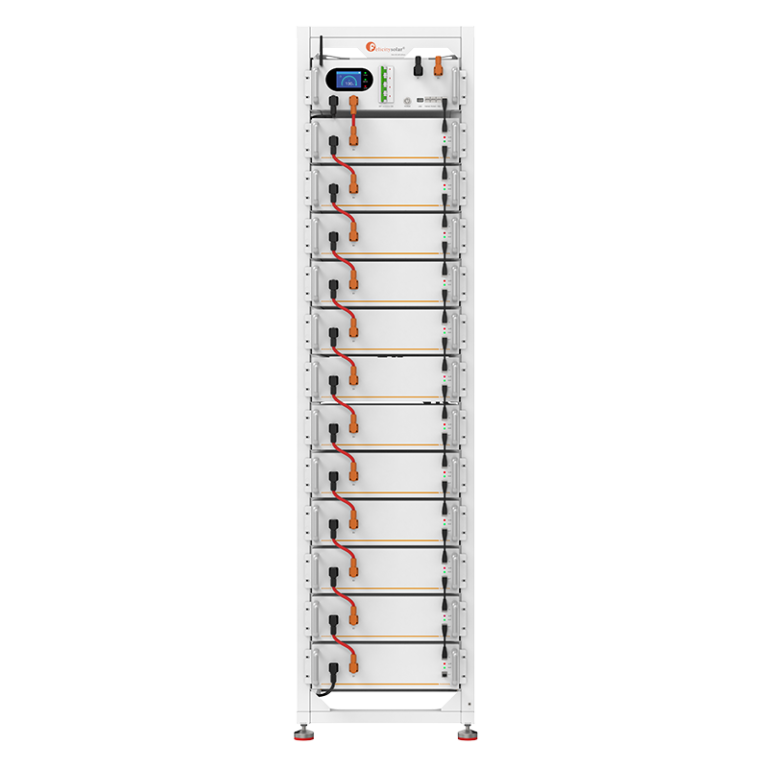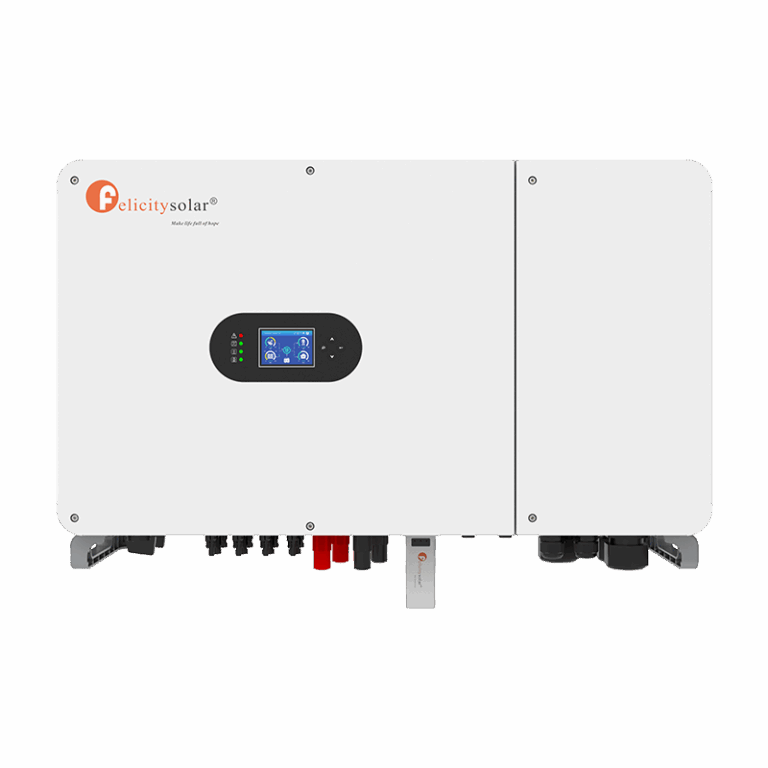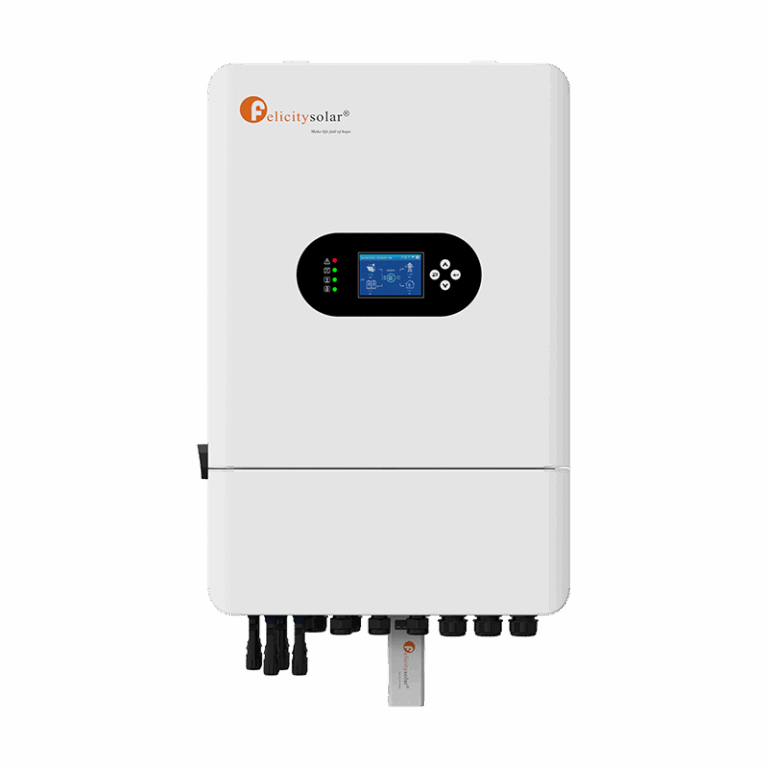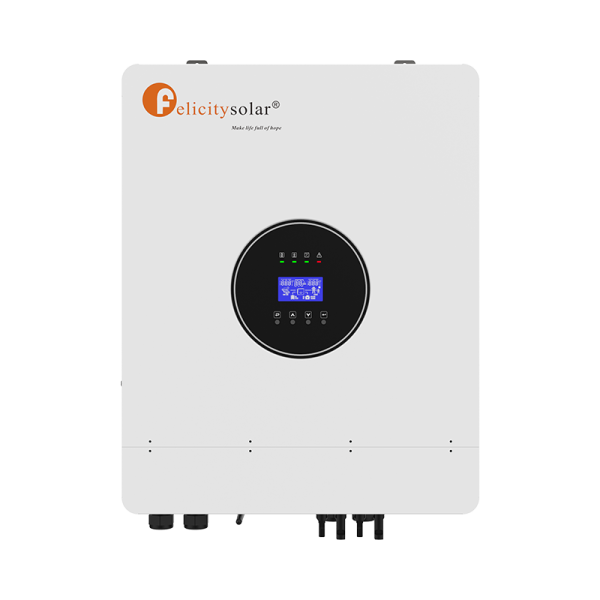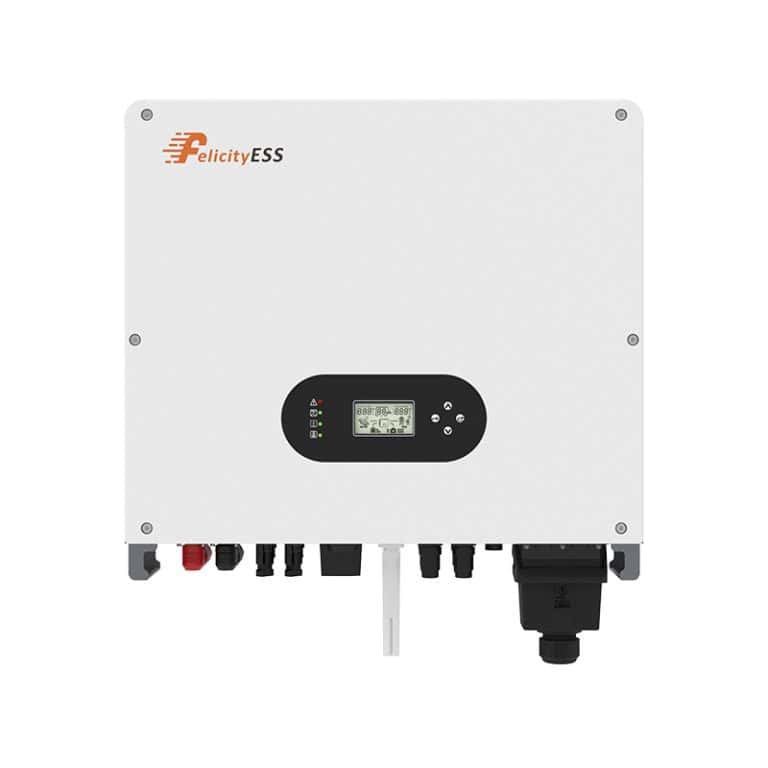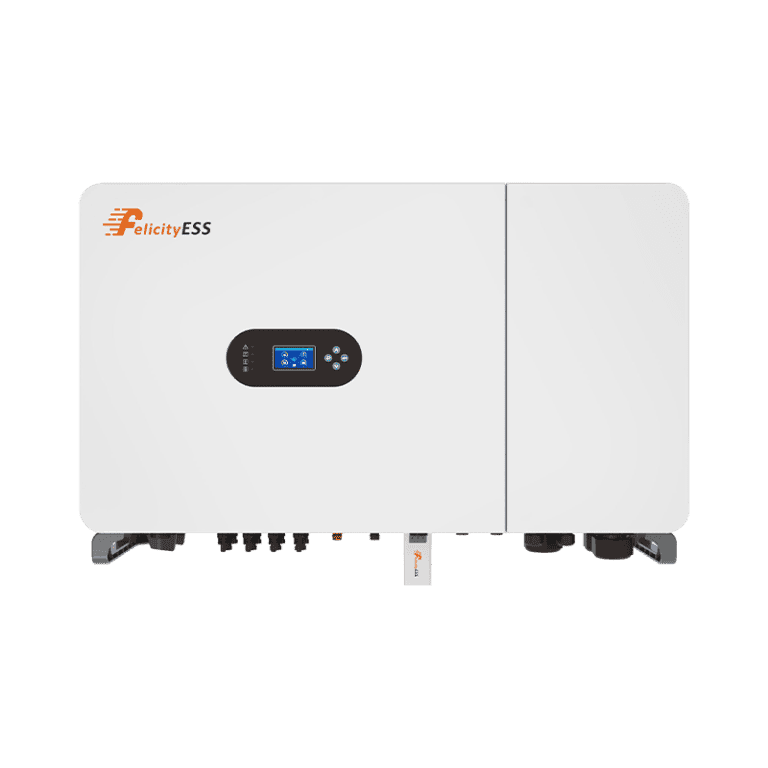With the development of industries such as energy storage batteries, EVs, communication devices, and industry devices, selecting a reliable lithium ion battery supplier becomes significant. The suppliers are quite different from each other with respect to technical know-how, production capacity, quality management, and after-sales services. These factors will definitely aid you in identifying who can be your preferred partner. The following guide explains how to determine which lithium ion battery supplier is really dependable.
1. Evaluate the supplier’s technical strength
- R&D capability: A strong lithium ion battery supplier should invest in comprehensive R&D resources, with expertise in R&D testing and innovations in cell technology and BMS algorithms to ensure that the supplied batteries’ performances are maintained at the best possible level.
- Complete technical system: Suppliers that are integrated with cell manufacturing processes, as well as BMS development, are able to more efficiently manage each process to yield greater consistency and compatibility.
- Customisation capability: In applications that include energy storage systems or industrial equipment, differentiated requirements might be required. Consequently, instead of losing customers due to the inability to customise products to meet those different requirements, vendors can capitalise on such capabilities.
- Technical response speed: The rate at which the technical team responds to technical problems or requirements has direct implications on project progress and professionalism displayed by suppliers.
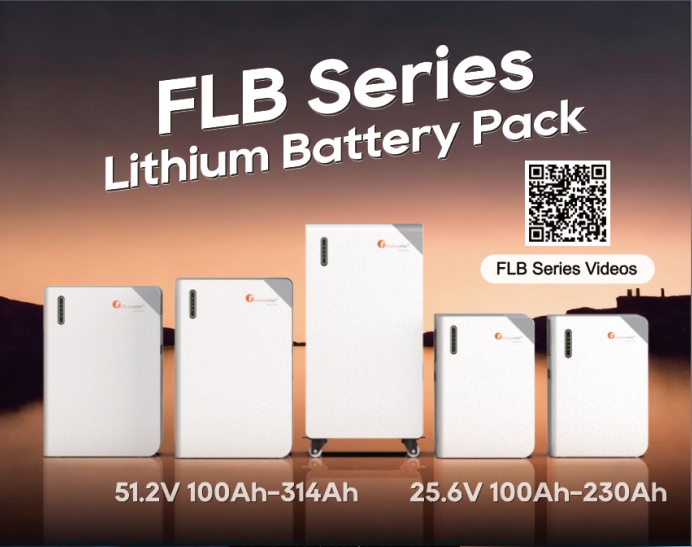
2. Review product quality and certifications
- Quality management system: Suppliers that are ISO 9001 and ISO 14001 registered, among others, are normally utilising standardised processes that ensure traceability and quality.
- International certifications: CE, UL, UN38.3, and IEC62133 certification ensures our product conforms to international requirements.
- Testing procedures and strictness: In reality, the best suppliers engage in rigorous testing processes that include capacity testing, cycle testing, higher and lower-temperature testing, and safety testing.
3. Understand supply chain stability and production capacity
- Supply chain stability: This is due to product considerations, such as cell and structural component supply. This ensures that suppliers with better upstream relations are best positioned to mitigate market variability.
- Production scale and automation: The greater the production capacity and automation, the greater the product uniformity and manufacturing efficiency. This is desirable if there are large shipments to produce.
- Capacity flexibility: Check whether the supplier can scale production quickly when demand increases, helping avoid project delays caused by insufficient capacity.
- Delivery record: Reviewing past delivery performance and customer cases helps you assess whether the supplier can handle different order sizes on time.
4. Evaluate pricing, value, and market reputation
- Pricing transparency: They will break down the various components that come with pricing, such as cell pricing, PACK Assembly pricing, BMS pricing, testing pricing, and logistics.
- Performance-to-price ratio: Compare energy density, cycle life, internal resistance consistency, safety level, and other specifications to determine whether pricing is reasonable instead of being misled by “low price only.”
- Customer cases: Suppliers with a wide range of industry applications or large-scale project experience often demonstrate stronger stability in quality and service.
- Industry reputation: Third-party reviews, client feedback, and industry discussions offer real insight into the supplier’s actual performance and reliability.
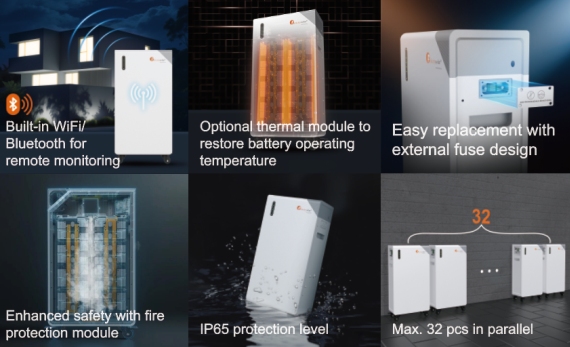
5. After-sales service and technical support
After-sales service often determines how smoothly cooperation progresses. A strong supplier usually has a complete technical support system capable of fast response, remote diagnostics, failure analysis, and performance optimisation. Efficient support reduces project interruptions and lowers risk throughout the cooperation period.
In addition, the supplier’s warranty policy should be clear, including warranty duration, claim procedures, and replacement rules. The ability to provide full technical documentation, such as datasheets, test reports, drawings, and MSDS, also reflects professional competence. For long-term projects, ongoing engineering support and optimisation services are important factors to consider.
Conclusion
Choosing the right lithium ion battery supplier is essential for ensuring product quality, improving project efficiency, and strengthening long-term competitiveness. By evaluating technical strength, quality systems, supply chain capability, pricing value, and after-sales support, you can more easily identify a trustworthy partner.
If you are looking for a supplier with strong technical expertise and reliable delivery capability, Felicity ESS may be a valuable option. We are committed to providing dependable lithium battery solutions for various applications and helping customers stay competitive in the evolving energy market. For more details or project support, feel free to nous contacter anytime.



